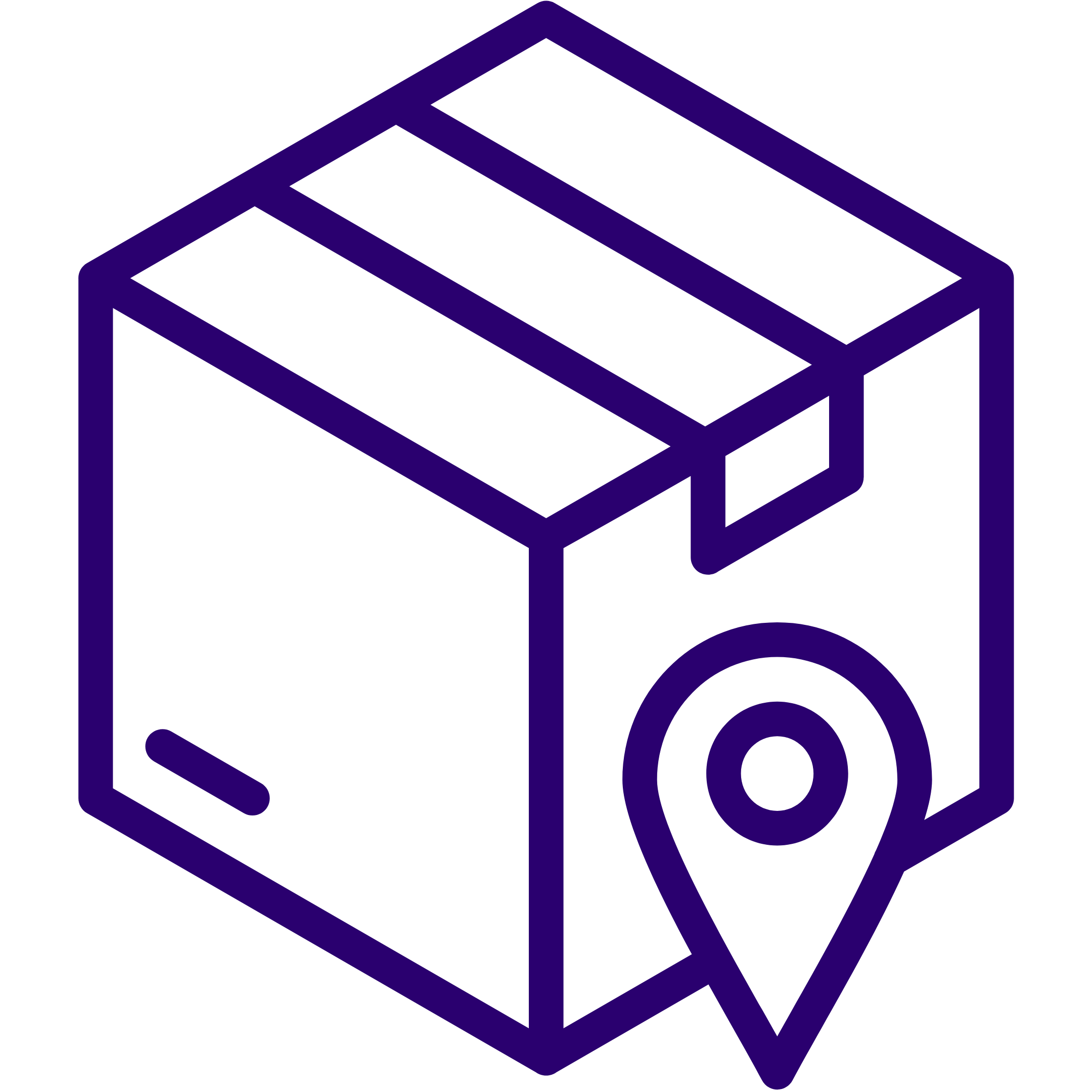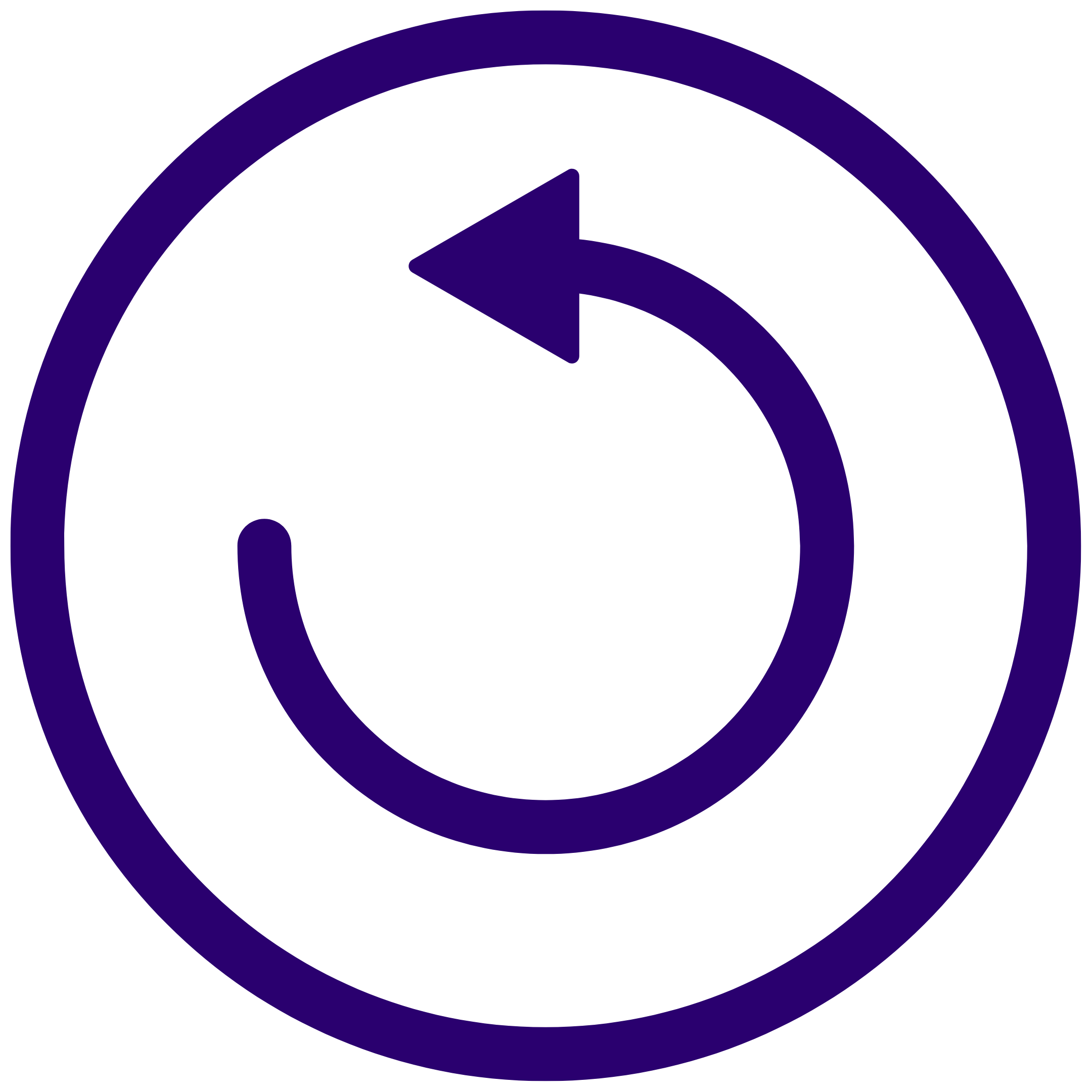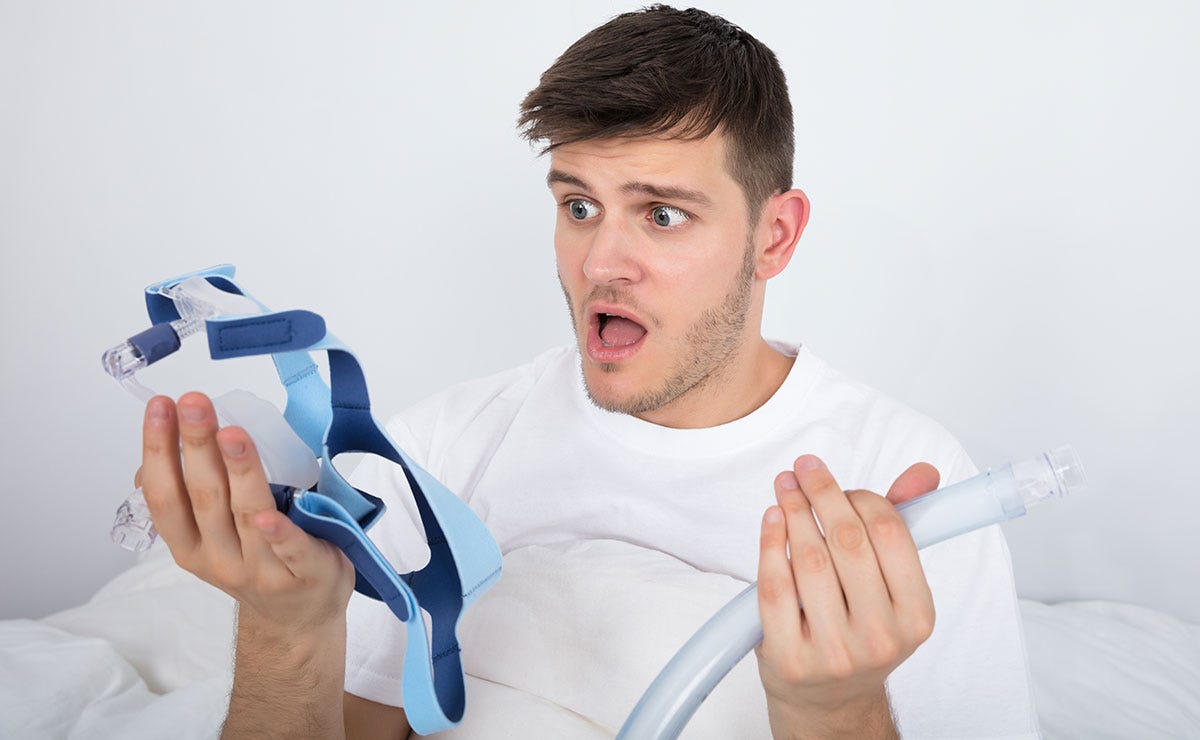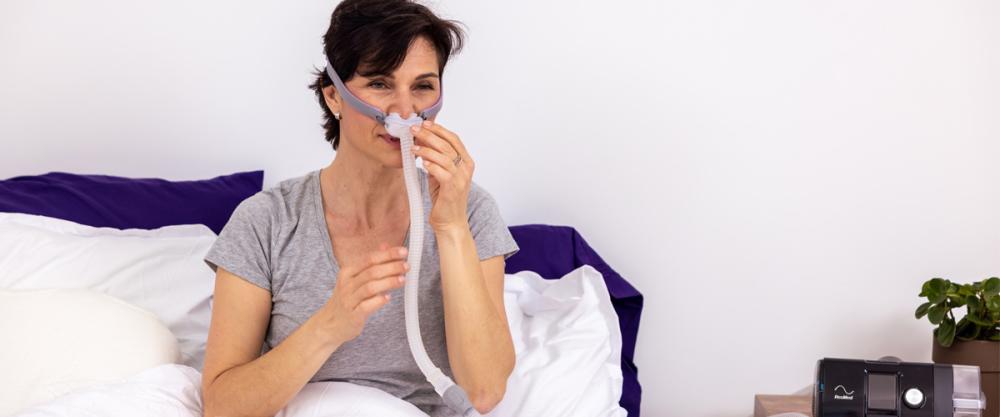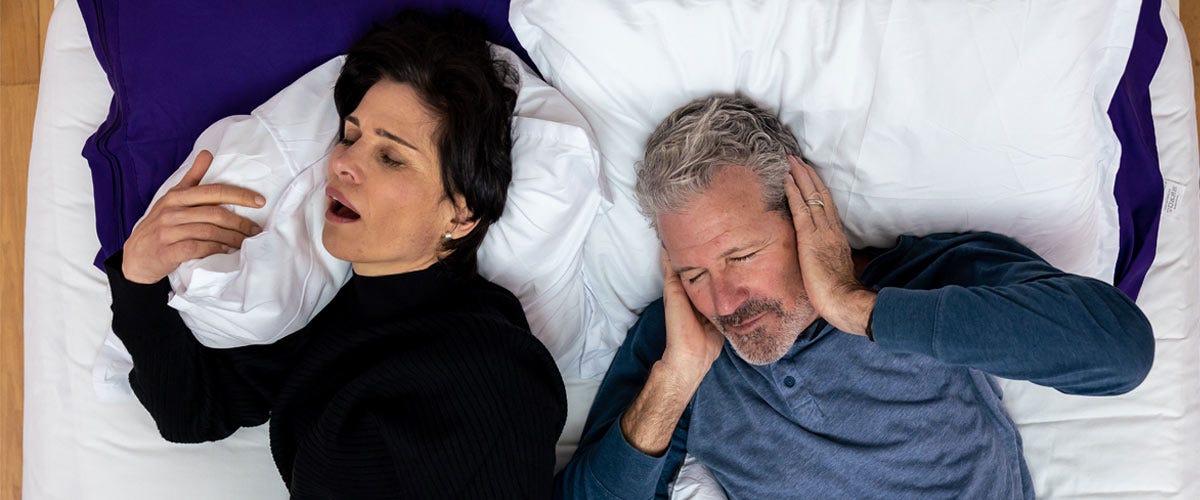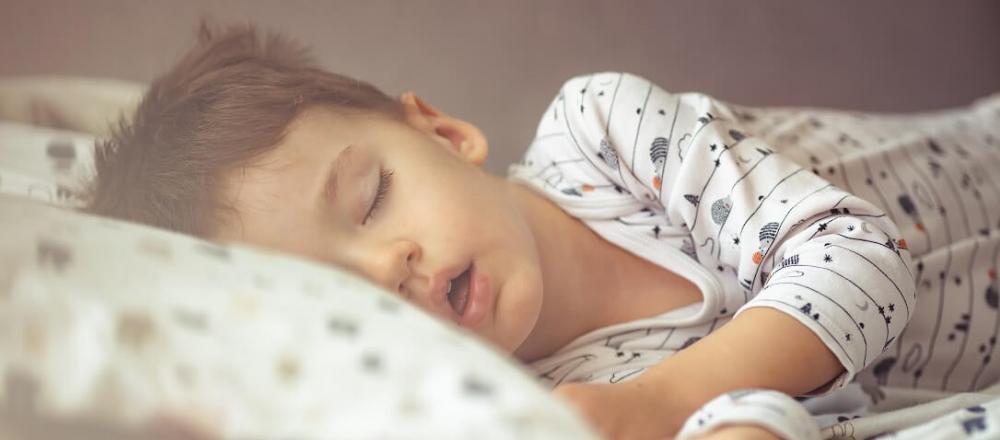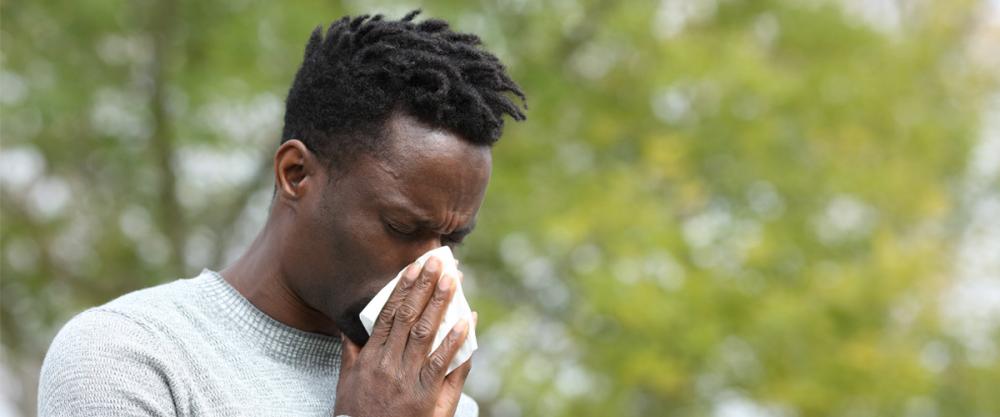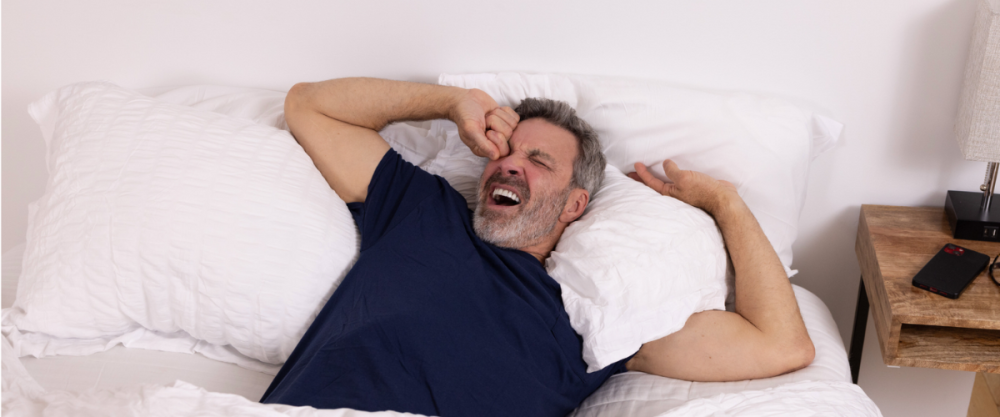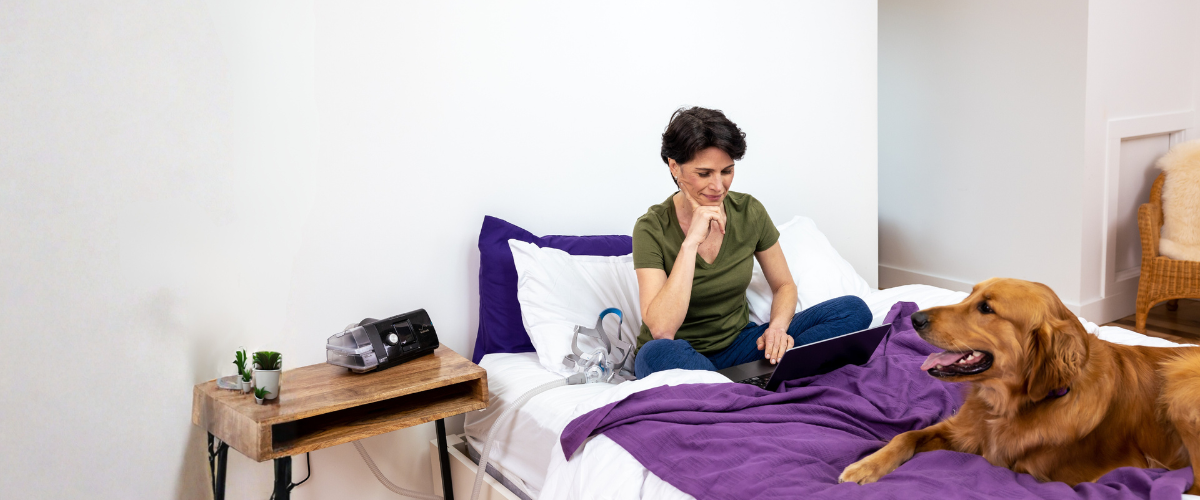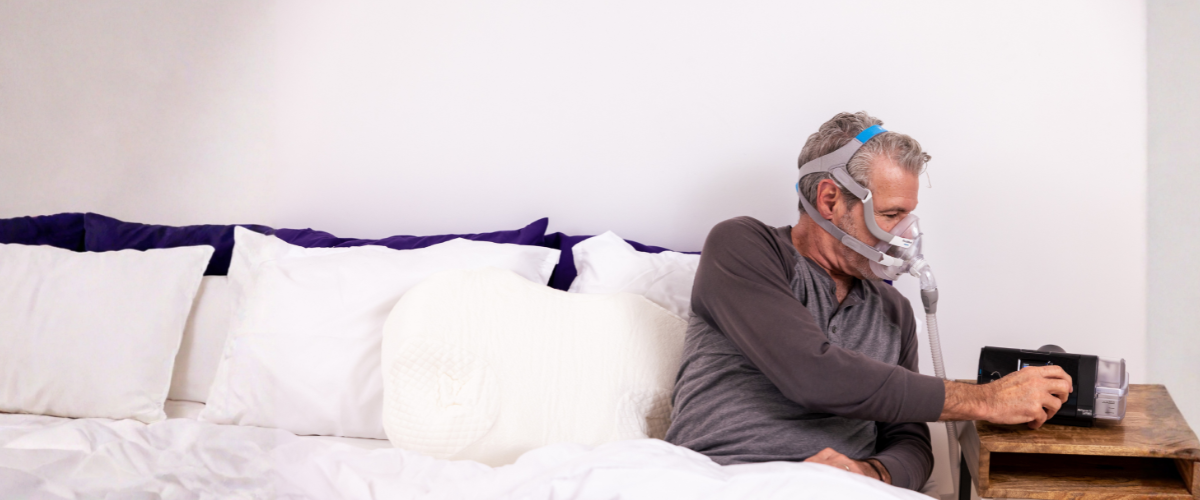Am I required to use my CPAP humidifier all year around? Should I stop during the warmer summer months and only use it during winter? Does it really help with my sleep therapy? How do I know when to use and not to use it? These are a few common questions asked by patients using a CPAP.
Why Use a CPAP Humidifier?
CPAP humidification does not cure OSA (obstructive sleep apnea) or UARS (upper airway resistance syndrome) but it does help with side effects of CPAP treatment. If you are already on CPAP treatment and you are experiencing nasal dryness, congestion, or discomfort then humidification can help decrease the symptoms.
Some nasal symptoms are due to the increased flow of dry or cold air through the nasal passages. The reason why humidity is included with a CPAP during sleep therapy is to provide additional comfort and allow the nasal passage to cope with the increased flow of air.
Humidity refers to the amount of moisture present in the air and is largely determined by the temperature (how warm or cool) the air is. The amount of moisture in the air is determined by temperature. Generally warmer air has a lot more moisture than colder air. Relative humidity plays a fundamental role in understanding and determining how important CPAP humidification is for comfort during therapy.
Summer Humidifier Use
Some people do not need to use a humidifier during the summer months because the air is much warmer than the winter months, meaning less moisture is needed for the relative humidity to reach 100% (warm air = more humidity).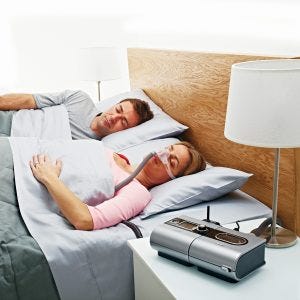
Here are a few examples of when a CPAP machine humidifier may be needed during the summer:
If you live in desert-like conditions (with no humidity in the air).
If it seems cooler outside than it is inside. Low humidity can also make it seems much cooler than it actually is, which is a clear indication that you will need to use the humidifier.
If running the AC makes the air in your bedroom cooler and dry, you may need to use your humidifier for increased comfort.
Your body could just require more moisture. You are not the same as the next patient, which means you will not require the same amount of humidity as they do.
Mouth breathing or a mask leak can be the problem. This escaping of air uses up a lot of humidity, which will in turn cause more issues.
You could be affected by seasonal allergies and need humidification to break up congestion. Full CPAP face masks help with this as well.
Winter Humidifier Use
During the winter months, the air is much cooler than the summer months, which means that more moisture is needed for the relative humidity of the air to reach 100% (cold air = less humidity). Take note that this is before using a CPAP humidifier. When you add the CPAP to the mix during the winter months, the increased flow of air causes the humidity level of your nasal passages to be even lower than that of the room you sleep in.
Benefits of using CPAP Humidification
Up to 40% of PAP users experience nasal congestion and dryness of the nose and throat. These symptoms can be severe enough to prevent patients from continuing their treatment. CPAP humidifiers add moisture and warmth to the air delivered by a CPAP or bi-level system. This reduces symptoms of dryness and congestion and will ultimately improve the level of comfort experienced and compliance.
Studies show that nasal resistance can promote mouth breathing (which you do not want), which in turn leads to additional dryness and irritation of the nasal passage. Heated humidification can prevent the large increase in nasal resistance that results in mouth breathing and leaks. In addition, it adds to the overall benefits of your sleep therapy.
For more information concerning your sleep health or using a CPAP humidifier, chat with us at CPAPSupplies.com or call 888-345-1780. We’ll be glad to help!

